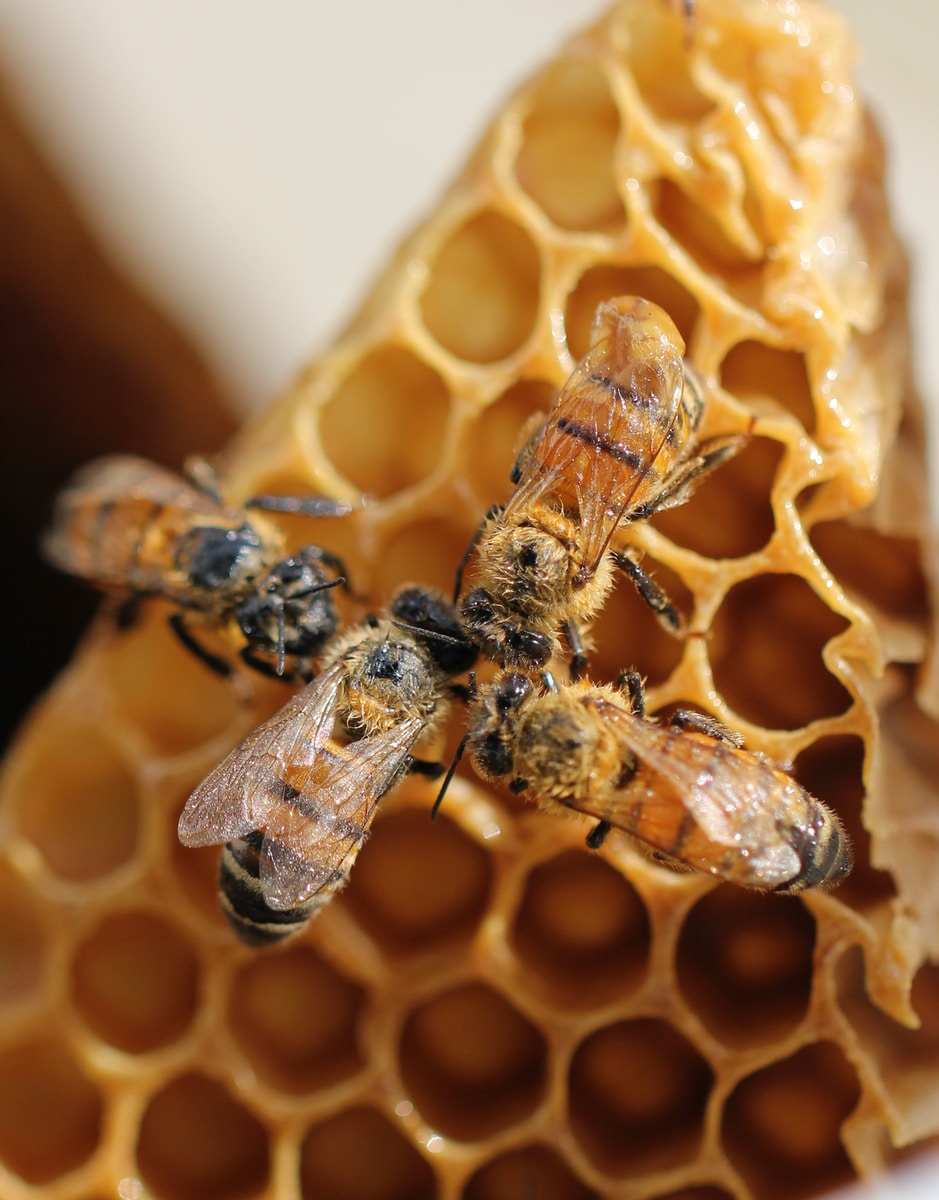How Dealing With a Bee Swarm Resulted in Leadership Lessons
by Jennifer Deal at the Center for Creative Leadership
Recently my yard was invaded by a swarm of bees.
If you’ve never seen a swarm in person, swarming bees are quite impressive…or at least these 20,000 (or so) bees were. It was a large enough swarm that when they decided to begin building a hive under my son’s fort I felt an immediate need to figure out a way to find them a new home (the fort not being an acceptable place for their hive if my son ever wanted to use the fort again).
The easy solution was to call a professional bee person and have them take care of the hive, but the people we talked with said they didn’t need more hives, and they’d likely kill the hive rather than re-home it. Because of issues with colony collapse, I really didn’t want to do that but felt a bit stuck for a solution.
But don’t worry! As it turns out we managed to find the bees a new home that benefited a local farmer – and we did it within 24 hours of the swarm (for the full story click here). This didn’t happen because I know anything about bees or local farming (I don’t); it happened because my neighbors have an excellent network, and are giving people who are even willing to help bees swarming in a neighbor’s yard.
I don’t think about networks much, but watching the process of neighbors talking with other neighbors to find a solution to help brought it to the forefront of my mind. Having a network perspective (knowing who knows what and who to ask for help in reaching out to others) helps immensely if you want to get something done (see Developing Network Perspective). While I have a strikingly poor picture of the network in my neighborhood, I’m lucky in that my neighbors have a true network perspective, and know who the key players are for different subjects (in this case, bees).
In addition to having a network perspective, my neighbors are also givers who are willing to use their networks to help others (both the bees and my family). According to the Adam Grant’s research (see Give and Take), people who are givers are more likely to prosper in the long run than others who are not. Even in this short-term case, it happened – helping my family sort out the swarm issue has resulted in stronger relationships with our neighbors, an orchard in a nearby community getting a hive to replace theirs which had collapsed, and a more healthy ecosystem because a bee swarm was saved. And I’ve been told they may even get honey later this year to share around!
You wouldn’t think that dealing with a bee swarm would result in leadership lessons, but in this case, it did:
- Lesson #1: When looking for a solution, talk with your network while you’re also looking outside. The most optimal solution may be found close by, and using it will help you strengthen those ties.
- Lesson #2: Be a giver. You can use your network to help others in ways you wouldn’t necessarily have thought, and helping others is key to effective leadership.
- Lesson #3: Stuff happens, and you can’t predict all random occurrences, so do what you can to make sure you can manage them when they happen by remaining resilient and upbeat about it. What seems like a scary problem is likely to morph into a good story . . . and with luck, a little honey bonus as well!
Having the bees swarm in the yard was a fascinating experience, though initially, it felt a bit too much like being in the middle of a National Geographic film. It also provided me with an object lesson in the importance of giving to others when we can, and of being aware of the networks all around us – both at work, and at home.
How do you think about using your networks to help others?
Originally Posted by the CCL on the LeadingEffectively.com Blog




